Collectors
The man who stole 15,000 library books
Over the course of a decade, from around 1965 to 1975, Joseph Feldman managed to steal 15,000 books from the New York Public Library. He was caught when firemen entered his Greenwich Village apartment while responding to an alarm in his building and discovered all the books, piled up everywhere. When asked why he had taken them all, Feldman responded, “I like to read.”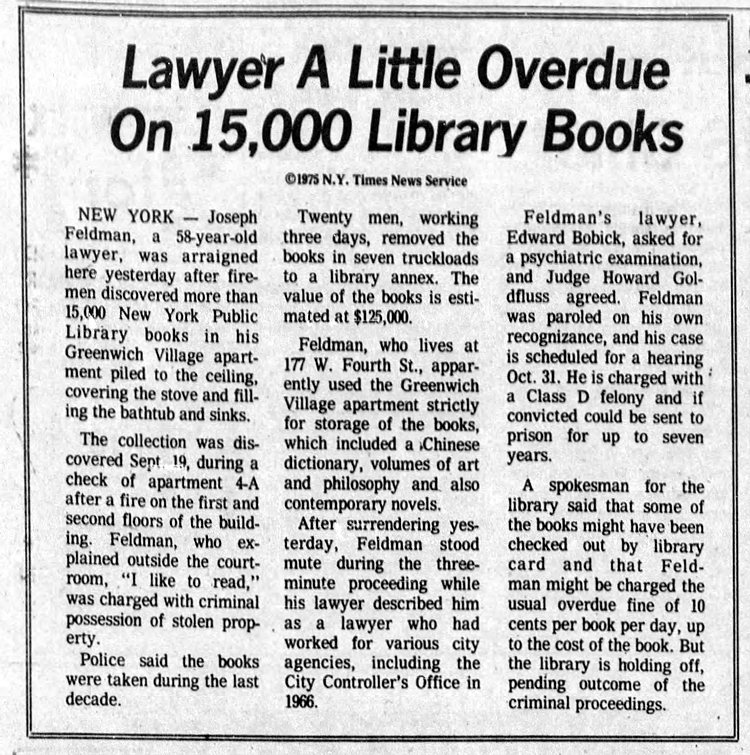
Arizona Daily Star - Sep 27, 1975
In the 21st century, playwright Erika Mijlin was inspired to write a play, Feldman and the Infinite, about the incident. It was first performed in 2008. Her description of it:
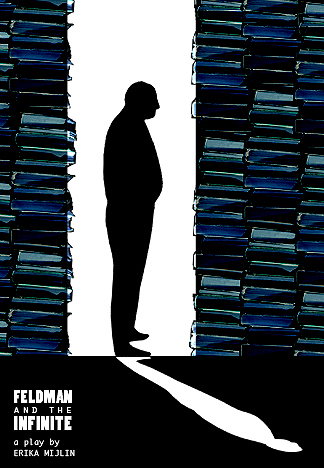
And below, a video clip of the performance.
Posted By: Alex - Thu Jan 31, 2019 -
Comments (2)
Category: Crime, Books, Libraries, Collectors, 1970s
Curiosa
In addition to creating works of his own, artist Barton Lidice Benes collected random, weird stuff, which is detailed in his 2002 book Curiosa: Celebrity Relics, Historical Fossils, and Other Metamorphic Rubbish. Seems like it could be of interest to WUvies! Some of the items include:- Larry Hagman’s gallstone
- a straw used by Monica Lewinsky
- a statue of the Virgin Mary made out of dollar bills
- a penny found in Sigmund Freud’s couch
- a piece of coal from the Titanic
- a cross made out of nails from the Branch Davidian compound in Waco, Texas
- a fork used by actor Steven Van Zandt of The Sopranos
- Gore Vidal’s swizzle stick and coaster
- Art Buchwald’s toothpick
More info: wikipedia, poz.com

Posted By: Alex - Thu Dec 27, 2018 -
Comments (1)
Category: Art, Collectors
Tavern Trove
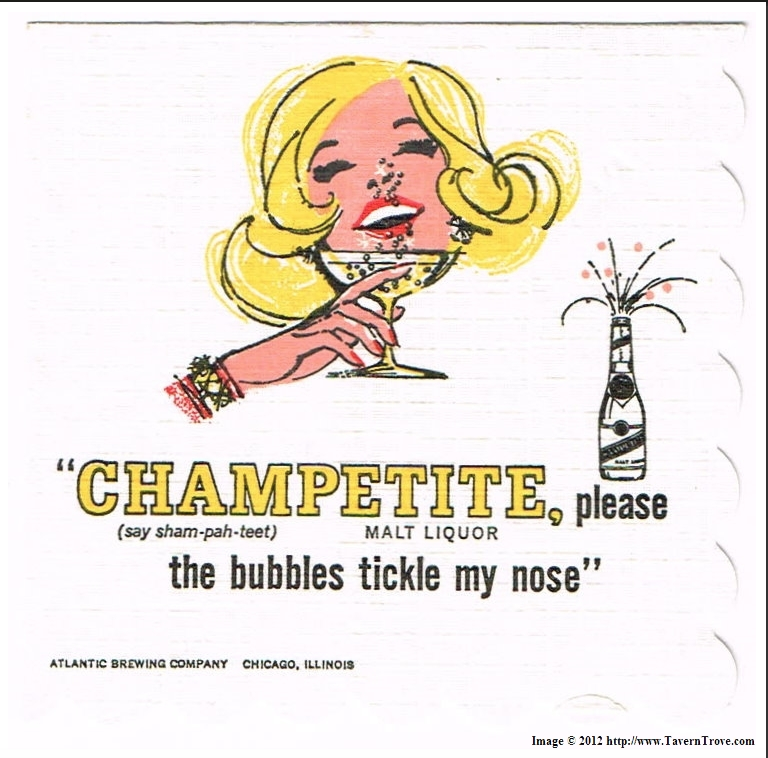
With over 35,000 items, ranging from beer cans to cocktail napkins, matchbook covers to letterheads and many other tchotchkes, the Tavern Trove site provides many happy hours of browsing into the weird niches of the liquor biz.
Posted By: Paul - Tue Apr 10, 2018 -
Comments (2)
Category: Business, Advertising, Corporate Mascots, Icons and Spokesbeings, Retailing, Collectors, Alcohol
Robert F. Kennedy Bubble Gum Cards
After the assassination of Robert F. Kennedy in June, 1968, the Philadelphia Chewing Gum Corp. rushed out with a commemmorative, 55-card set of RFK bubble gum cards. It presented "the story of Robert F. Kennedy... with bubble gum."Kids must have been rushing out to get these.
The cards seem to have appreciated reasonably well in price. Individual cards now range from $3 to $26 in price. You can get an unopened pack for about $65.

image source: Huggins and Scott


Bridgeport Post - Aug 28, 1968
Posted By: Alex - Mon Feb 05, 2018 -
Comments (2)
Category: Collectors, 1960s
Rusty Cans
It seems to me that you could spend many enjoyable hours at Rusty Cans, looking at the fotos and reading the highly informative and entertaining text.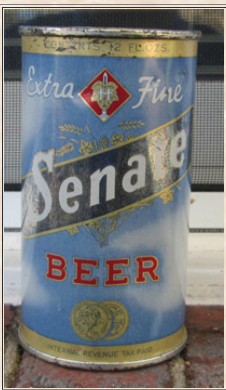
Posted By: Paul - Fri Dec 22, 2017 -
Comments (0)
Category: Collectors, Twentieth Century, Alcohol
The Can Museum
It seems to me that you could profitably waste many hours exploring The Can Museum.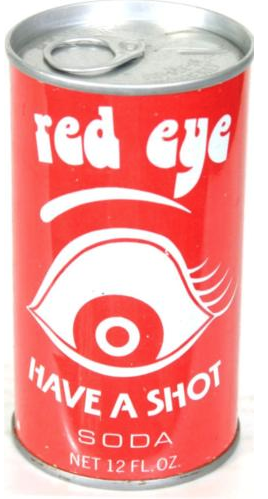
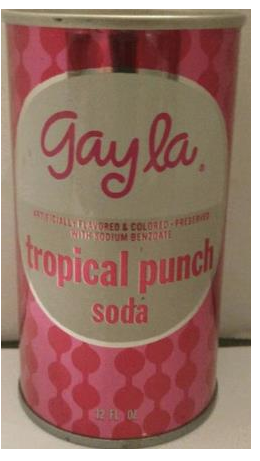
Posted By: Paul - Tue Dec 05, 2017 -
Comments (0)
Category: Cult Figures and Artifacts, Culture and Civilization, Products, Retailing, Collectors
Driftwood Collection
Whenever I come across stories about collectors of unusual items, I always wonder what happened to their collection after they died. They went to all that trouble to collect it, and then usually relatives end up tossing it all.
Fond Du Lac Commonwealth Reporter - Nov 9, 1965
Posted By: Alex - Sat Nov 04, 2017 -
Comments (1)
Category: Collectors, 1960s
Extra Milers
The Extra Miler Club is a group of people whose goal is to visit every county (and equivalent jurisdiction) in every state of the United States. That's 3,143 counties. Indian reservations don't count, although some visit them anyway. Parishes do count, as do independent cities.If you finish the goal, you're called a "county completer." Only 51 people have joined this elite group, and they're all listed here.
More info: boston.com

Posted By: Alex - Sun Jul 09, 2017 -
Comments (1)
Category: Clubs, Fraternities and Other Self-selecting Organizations, Hobbies and DIY, Travel, Collectors
The Backward Index
Between the 1930s and 1970s, employees at Merriam-Webster created a massive "backward index." It was a card catalog, containing all the words in its dictionary typed backwards. It eventually included around 315,000 index cards.The reason for creating this thing was to allow the company to find words with similar endings. Such as all words ending in 'ological'. It also helped them create a rhyming dictionary.
Computers made the backward index obsolete, but it still sits in the basement of the company's headquarters.
More info: Merriam-Webster
Posted By: Alex - Tue Apr 04, 2017 -
Comments (5)
Category: Languages, Collectors
Jennifer Bornstein, collector
In 1994, Jennifer Bornstein appeared on a local LA cable access program that featured ordinary people and their collections. Bornstein showed off her collection of zip-lock bags, coffee bar merchandise, fast-food containers, potato chips, and breath mints. She had carefully framed and archived all of it.It would have been funnier if it was a genuine collection, but I think it was actually intended as an artistic statement on how "any worthless mass-market products can be turned into coveted objects via absurd relations and vice versa" (according to Kadist.org). So she was essentially pranking the show.
Although she looks quite young in the pictures, Bornstein was at the time a 24-year-old grad student at UCLA. And she's still an LA-based artist.
You can see read more about this (and see some images) here: Radcliffe, ingrum.org, Moscow Biennale, "Obsession, Compulsion, Collection."
Posted By: Alex - Sat Mar 25, 2017 -
Comments (2)
Category: Collectors, 1990s

| Who We Are |
|---|
| Alex Boese Alex is the creator and curator of the Museum of Hoaxes. He's also the author of various weird, non-fiction, science-themed books such as Elephants on Acid and Psychedelic Apes. Paul Di Filippo Paul has been paid to put weird ideas into fictional form for over thirty years, in his career as a noted science fiction writer. He has recently begun blogging on many curious topics with three fellow writers at The Inferior 4+1. Contact Us |




